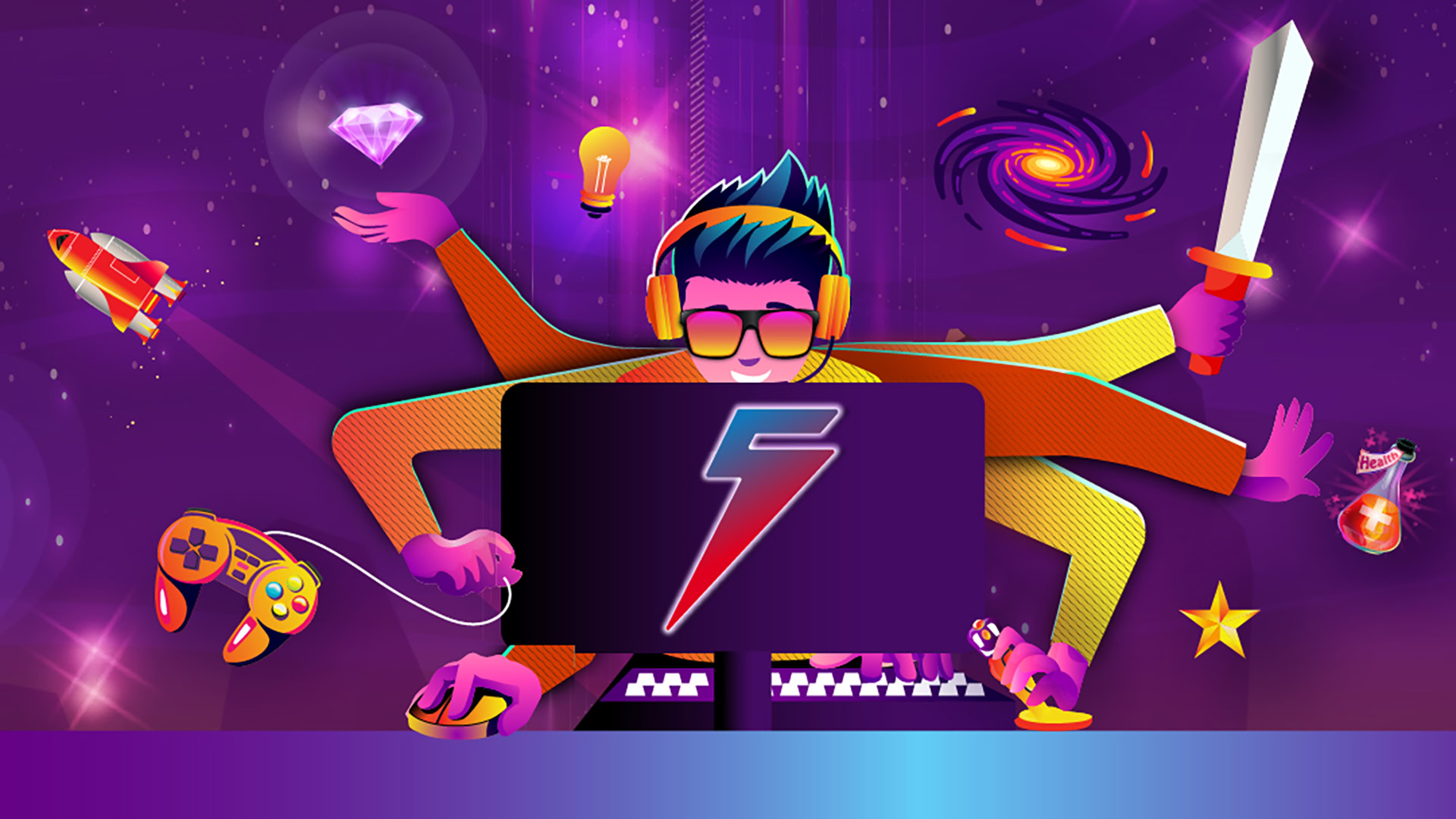Affiliate links on Android Authority may earn us a commission. Learn more.
BlueStacks CEO comments on Android apps coming to Windows 11: 'It's not so easy'
Published onJune 25, 2021

- Rosen Sharma, CEO of Android emulator BlueStacks, gave some comments on the news regarding Android apps working within Windows 11.
- “For new entrants, it is not so easy,” Sharma said, referring to Microsoft.
- Sharma also points out that developers will need to do a lot of work to make things smooth on Windows, whereas that’s not the case for emulators.
Yesterday, Microsoft dropped a big surprise by announcing Windows 11 will support native Android apps. This is possible thanks to a software product called Intel Bridge. Theoretically, it should allow for users to see seamless integration with Android applications within Windows.
Related: Microsoft officially announces Windows 11, coming this Fall as a free upgrade
One of the questions on our mind, when we saw this news, was how it would affect Android emulators. We reached out to one of the most popular emulator companies, BlueStacks, and asked for a comment.
BlueStacks CEO welcomes change, but with tempered expectations
The company’s CEO, Rosen Sharma, gave us two responses. The first assured us that the company welcomes Android apps working within Windows, despite its apparent threat to BlueStacks:
BlueStacks pioneered running Android apps on PC. Our belief is that devices and operating systems should not be constraints for Android users and gamers. Microsoft’s news is a great endorsement of having Android apps run on Windows.
After that response, Sharma expanded on how he thinks we should have tempered expectations for how well Microsoft will execute having Android apps on Windows.
We are experts at mobile Android gaming and have a deep understanding of fundamental problems like virtualization to daily experiences like keyboard and mouse support. We have built app container technology that sits on top of Android and solves the above issues. For new entrants it is not so easy. For starters, the apps need to be usable on several kinds of Windows machines that don’t support touch, machines with different drivers and graphics cards across the world. An app that may work in the United States may not work in Brazil. For them to work on Windows 11, developers will need to do a lot of work. That is not the case for BlueStacks. There is also the question of who will offer support.
Sharma brings up some interesting points here. Even if Windows 11 supports Android apps natively, the developers of those apps are inevitably going to need to do more work on those apps than before. It could be they just need to tweak some things to make it work well on Windows, but some others might need to do drastic overhauls.
Related: BlueStacks 5: Everything you need to know about the Android emulator
One of the star features of BlueStacks is keyboard and mouse integration, which gives you a new way to play Android games that are primarily designed with touch in mind. It’s unclear if and how Microsoft would adopt similar capabilities — or would the game’s developer need to do it?
There are certainly a lot of questions revolving around this news. Thankfully, we won’t need to wait long before Microsoft pushes out developer versions of Windows 11. Hopefully, we’ll have some answers to our questions then.